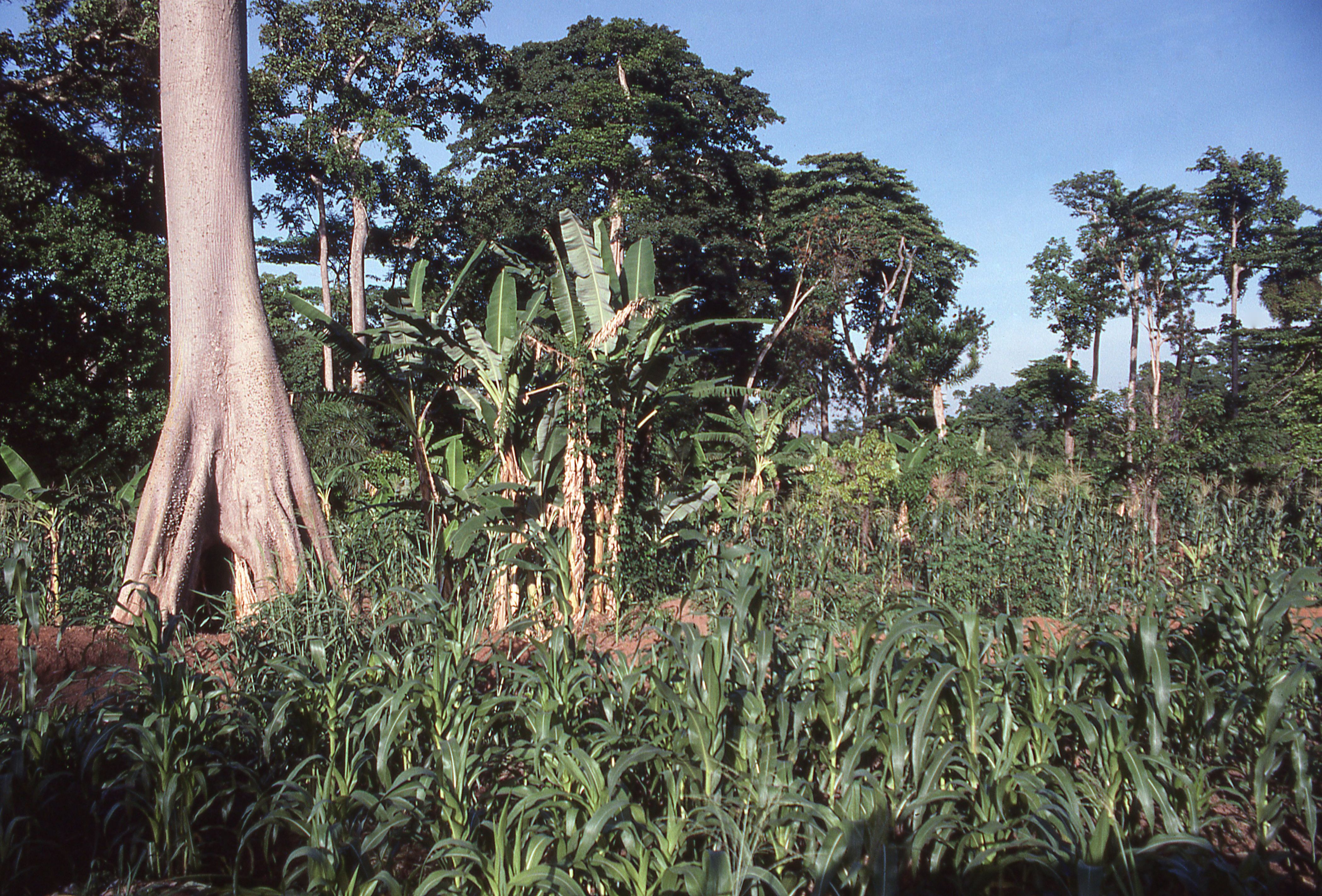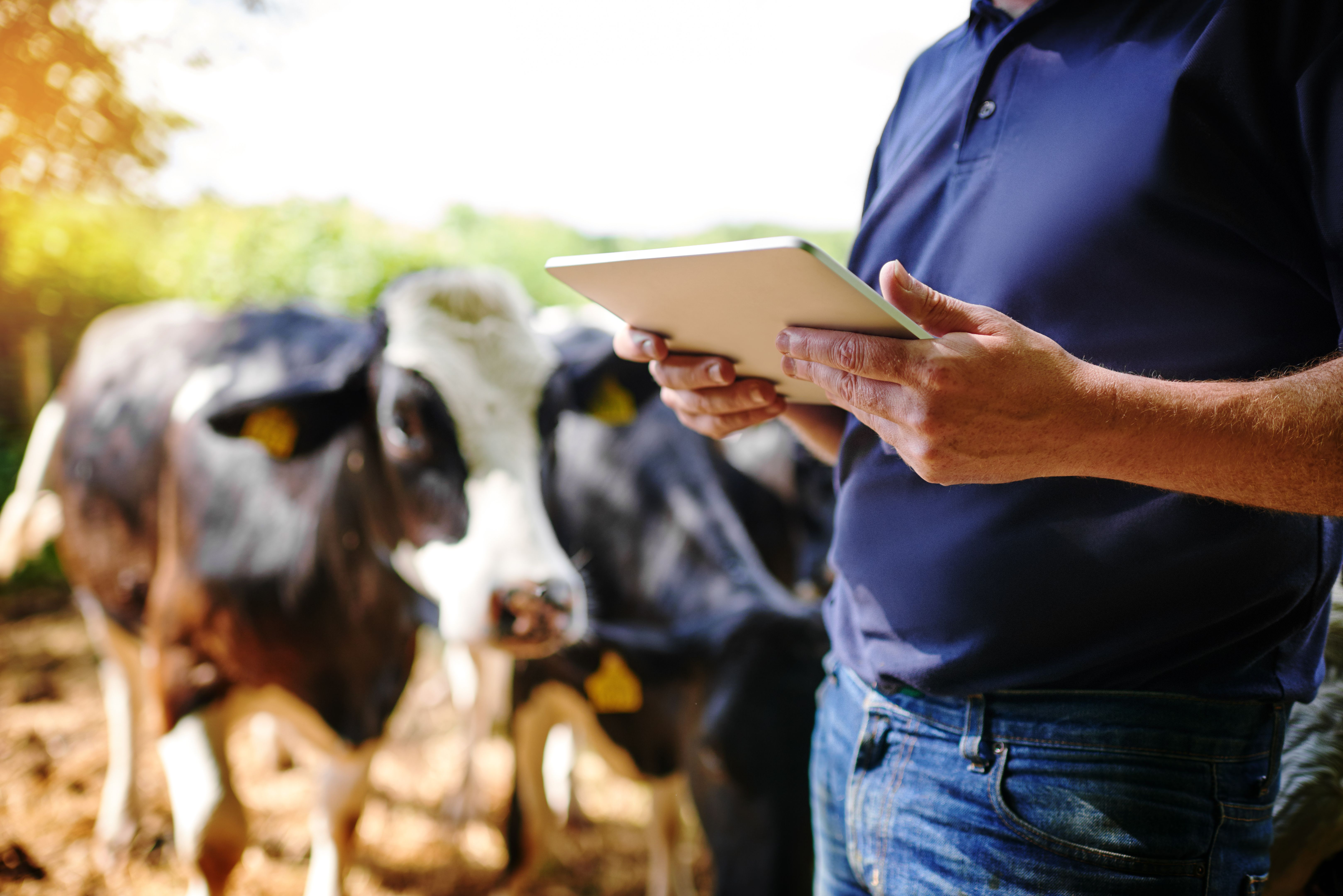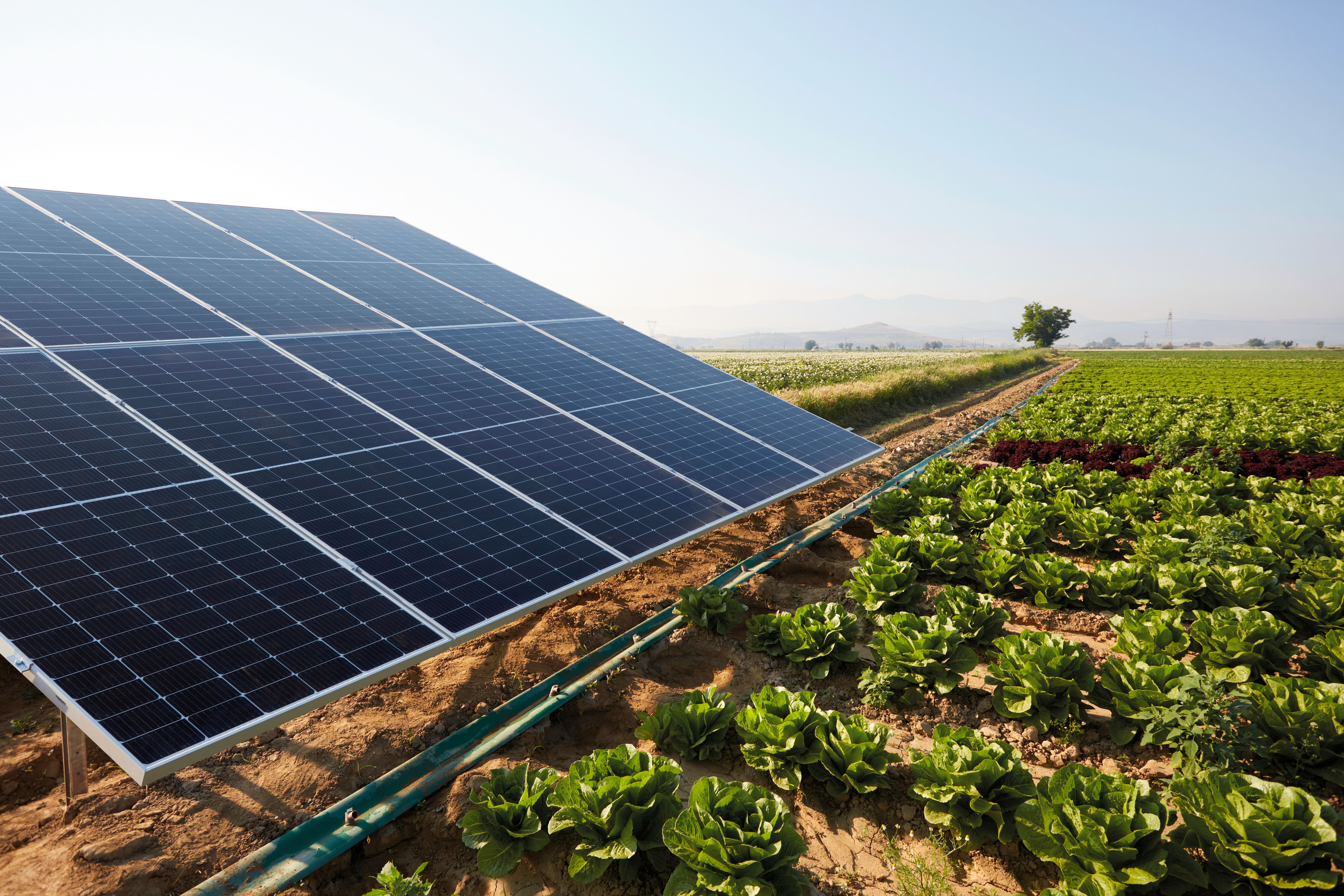Empowering Ghana's Youth through Sustainable Agriculture
Introduction to Sustainable Agriculture in Ghana
Sustainable agriculture is gaining momentum in Ghana as a means to support economic development and ensure food security. This approach emphasizes environmentally friendly farming practices, efficient use of resources, and community involvement. By focusing on sustainability, Ghana seeks to empower its youth, offering them opportunities to create a positive impact in the agricultural sector.

The Role of Youth in Agriculture
Ghana's youthful population is a dynamic force that can drive the transformation of the agricultural sector. Engaging young people in farming not only addresses unemployment but also injects innovation and energy into the industry. By providing education and resources, Ghana can harness the potential of its youth to revolutionize sustainable agriculture.
Benefits of Empowering Youth through Agriculture
Empowering youth in agriculture brings numerous benefits that extend beyond individual success. It helps reduce rural poverty, curbs migration to urban areas, and promotes food security. Young farmers often bring new perspectives and adopt modern technologies, improving productivity and sustainability.

Training and Education
To empower Ghana's youth in sustainable agriculture, access to quality education and training is crucial. Educational programs focused on modern farming techniques, resource management, and entrepreneurship can equip young people with the skills needed to succeed. Partnerships with universities and agricultural organizations can facilitate this knowledge transfer.
Access to Resources
Access to land, funding, and technology is essential for young farmers to thrive. The government and private sector can play pivotal roles in providing these resources. Initiatives such as microloans, grants, and subsidies can help young entrepreneurs overcome financial barriers and invest in sustainable agricultural practices.

Innovative Farming Practices
Ghana's youth are well-positioned to adopt innovative farming methods that enhance sustainability. Techniques such as organic farming, agroforestry, and permaculture can be integrated into traditional practices to improve soil health, conserve water, and boost crop yields. Embracing these methods will lead to long-term environmental and economic benefits.
Community Engagement and Support
Community support is vital for the success of youth-driven sustainable agriculture initiatives. Local leaders, NGOs, and agricultural cooperatives can provide mentorship, networking opportunities, and platforms for sharing knowledge. Encouraging community involvement fosters a supportive environment where young farmers can thrive.
The Future of Sustainable Agriculture in Ghana
By empowering its youth through sustainable agriculture, Ghana is paving the way for a prosperous future. The country's commitment to this cause will not only strengthen its agricultural sector but also contribute to global efforts to combat climate change and promote sustainable development. With continued investment in education, resources, and community support, Ghana's youth will be at the forefront of this transformation.
